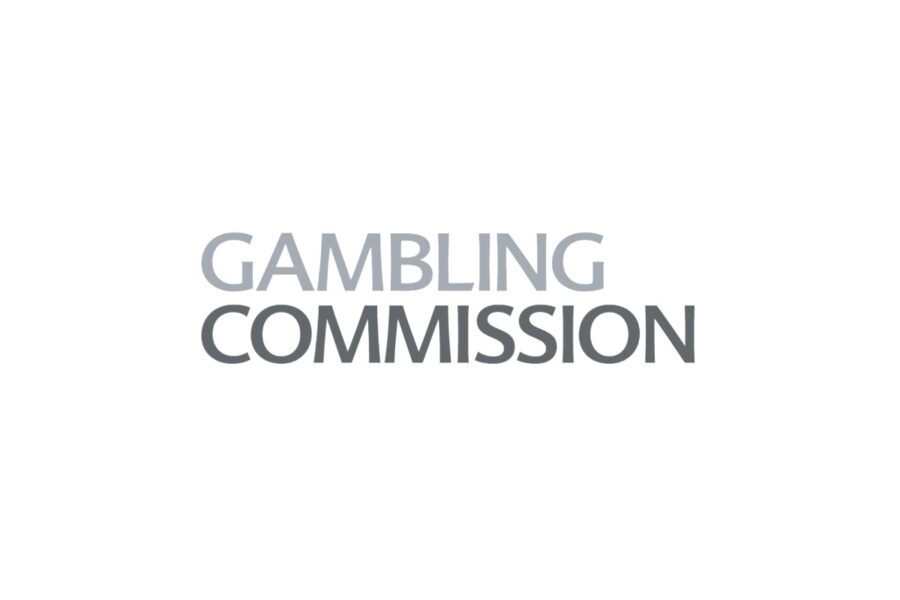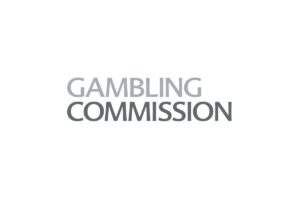Review endorses British Gambling Commission’s new survey methodology

The London School of Economics has deemed the new survey to be “exemplary in all respects”.
UK.- The Gambling Commission’s new Gambling Survey for Great Britain (GSGB) has won a ringing endorsement from an independent review. Patrick Sturgis, leader of the review and a professor at the London School of Economics, said the new push-to-web methodology was “exemplary in all respects”.
The review aimed to evaluate the effectiveness of the new survey methodology compared to previous approaches.
Sturgis concluded: “The Gambling Commission has engaged with a broad range of stakeholders and followed industry standards of best practice in developing a survey design that can be expected to yield high quality and timely estimates of gambling prevalence in Great Britain.
“Following the launch of the GSGB, there are some key recommendations for the commission to consider to ensure the quality and robustness of the statistics continues to build stakeholder and public confidence.”
Sturgis recommended seven steps to address areas for potential improvement:
- Conduct research to better understand the relationship between survey topic and the propensity of gamblers to respond to survey invitations.
- Undertake additional research to better understand the role of socially desirable responding as the driver of the difference in gambling estimates between in-person and self-completion surveys.
- Undertake a randomised experiment to evaluate the effect of the updated list of gambling activities on estimates of gambling prevalence and harm.
- Take steps to assess the extent of potential bias in the subset of questions administered to online respondents only.
- Continue to monitor best practice developments in the area of household selection of adults in push-to-web surveys.
- Carry out research on the prevalence of gambling and gambling harm in groups that are excluded from the GSGB because they are not included in the sampling frame.
- Seek opportunities to benchmark the estimates from the GSGB against a contemporaneous face-to-face interview survey in the future.
Tim Miller, executive director of Research and Policy at the Gambling Commission, responded: “We are delighted that Professor Sturgis’s report concludes that the Gambling Commission have followed best practice in developing the GSGB survey.
“We are clear that better evidence, driven by better data will lead to better regulation, which in turn will lead to better outcomes. We welcome the recommendations in the report to continue to understand the impact of the changes made to both the survey design and the methodology as we move forward with the launch.
“We recognise that all methodologies need to continue to evolve and improve over time and this independent report helps to highlight some initial areas of focus once our new approach has gone live.”
Statistics from GSGB Wave 1 will be released at the end of February.
UK gambling data
Earlier this month, the Gambling Commission published data on online gambling participation and revenue for the third quarter. Based on data from the largest operators, covering 80 per cent of the online gambling market, it noted a rise in slots and real event betting.
Online Gross Gambling Yield (GGY) was estimated at £1.3bn, up 4 per cent year-on-year. Online slots GGY was £618m, up 6 per cent and the highest quarterly total on record since the Gambling Commission began collecting quarterly data amid the Covid-19 pandemic in March 2020. Real event betting was particularly strong in December, with GGY doubling year-on-year to £196m.
Slots participation peaked at 4,206,392 accounts in December, up from 3,881,858 in December 2022. There was a 3 per cent increase in the number of slots sessions of over one hour but a fall in the average session length to 17 minutes.











